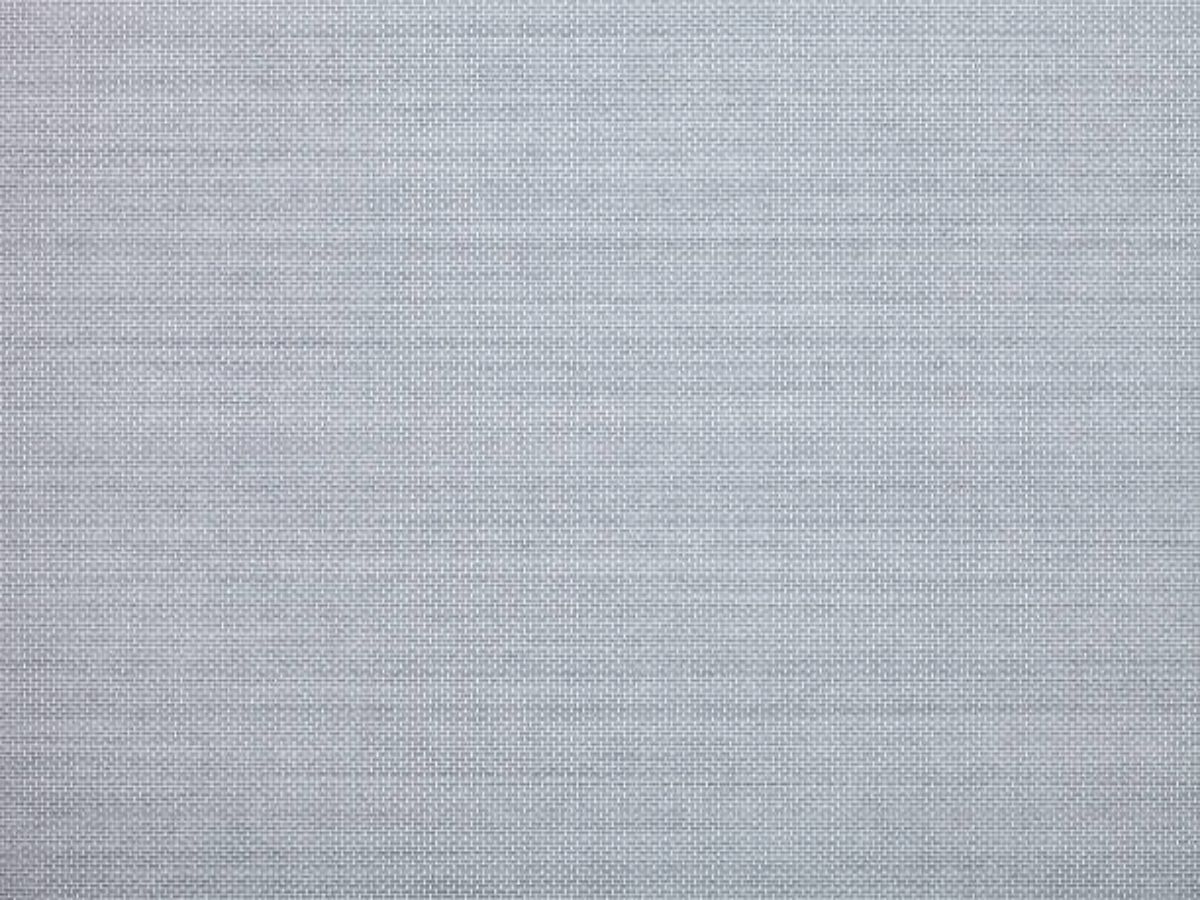Table of Contents

Introduction
polyester fabric waste recycling is a crucial step towards achieving a more sustainable and environmentally friendly future. As the fashion industry continues to grow and consumer demand for fast fashion increases, the amount of polyester fabric waste generated has reached alarming levels. Recycling this waste not only helps reduce the environmental impact of textile production but also provides a valuable source of raw materials for new polyester fabric production. In this article, we will explore the various aspects of polyester fabric waste recycling and its importance in creating a circular economy.
The Environmental Impact of Polyester Fabric Waste
Polyester, a synthetic fiber derived from petroleum, has become one of the most widely used fabrics in the fashion industry due to its durability, versatility, and affordability. However, the production and disposal of polyester fabric have significant environmental consequences. The extraction of petroleum for polyester production contributes to air and water pollution, while the disposal of polyester fabric waste in landfills leads to the release of greenhouse gases, contributing to climate change.
Reducing Landfill Waste through Recycling
One of the primary benefits of polyester fabric waste recycling is the reduction of landfill waste. By diverting polyester fabric waste from landfills and recycling it, we can minimize the environmental impact associated with textile waste disposal. Recycling polyester fabric waste also helps conserve valuable landfill space, which is becoming increasingly scarce in many parts of the world.
The Process of Polyester Fabric Waste Recycling
The process of polyester fabric waste recycling involves several steps. First, the fabric waste is collected and sorted based on its composition and color. Then, it undergoes mechanical recycling, where it is shredded into small pieces and further processed to remove any impurities. The resulting polyester flakes are then melted and spun into new polyester fibers, which can be used to create new fabrics or other polyester-based products.
Economic Benefits of Polyester Fabric Waste Recycling
Aside from the environmental advantages, polyester fabric waste recycling also offers significant economic benefits. Recycling polyester fabric waste helps reduce the demand for virgin polyester, which in turn lowers the costs associated with the production of new polyester fabrics. Additionally, the recycling industry creates job opportunities, both in the collection and processing of fabric waste, as well as in the production of recycled polyester products.
Creating a Circular Economy
Polyester fabric waste recycling plays a crucial role in creating a circular economy within the fashion industry. Instead of following the traditional linear model of "take-make-dispose," recycling enables the reuse of resources and reduces the need for extracting new raw materials. By incorporating recycled polyester fibers into the manufacturing process, fashion brands can contribute to a more sustainable and circular approach to production.
Challenges and Innovations in Polyester Fabric Waste Recycling
While polyester fabric waste recycling offers numerous benefits, there are also challenges to overcome. One of the main challenges is the presence of blended fabrics, where polyester is mixed with other fibers. Separating and recycling these blended fabrics can be technically complex and requires innovative solutions. However, advancements in technology, such as chemical recycling and enzymatic processes, are offering promising solutions to tackle this issue.
The Role of Consumer Awareness
Consumer awareness and education play a vital role in promoting polyester fabric waste recycling. By raising awareness about the environmental impact of textile waste and the importance of recycling, consumers can make more informed choices when purchasing clothing. Supporting brands that prioritize sustainability and recycling initiatives can also encourage the fashion industry to adopt more responsible practices.
The Future of Polyester Fabric Waste Recycling
The future of polyester fabric waste recycling looks promising. With increasing global awareness of the environmental impact of textile waste, more efforts are being made to improve recycling technologies and infrastructure. Collaboration between fashion brands, recycling facilities, and government organizations is crucial in establishing efficient and scalable recycling systems. By working together, we can ensure a greener future for the fashion industry.
Conclusion
Polyester fabric waste recycling is an essential step towards achieving a more sustainable and circular fashion industry. By reducing landfill waste, conserving resources, and minimizing environmental impact, recycling polyester fabric waste offers numerous benefits. However, overcoming challenges and raising consumer awareness are crucial in realizing the full potential of polyester fabric waste recycling. By embracing recycling initiatives and supporting sustainable fashion practices, we can contribute to a greener future for generations to come.
